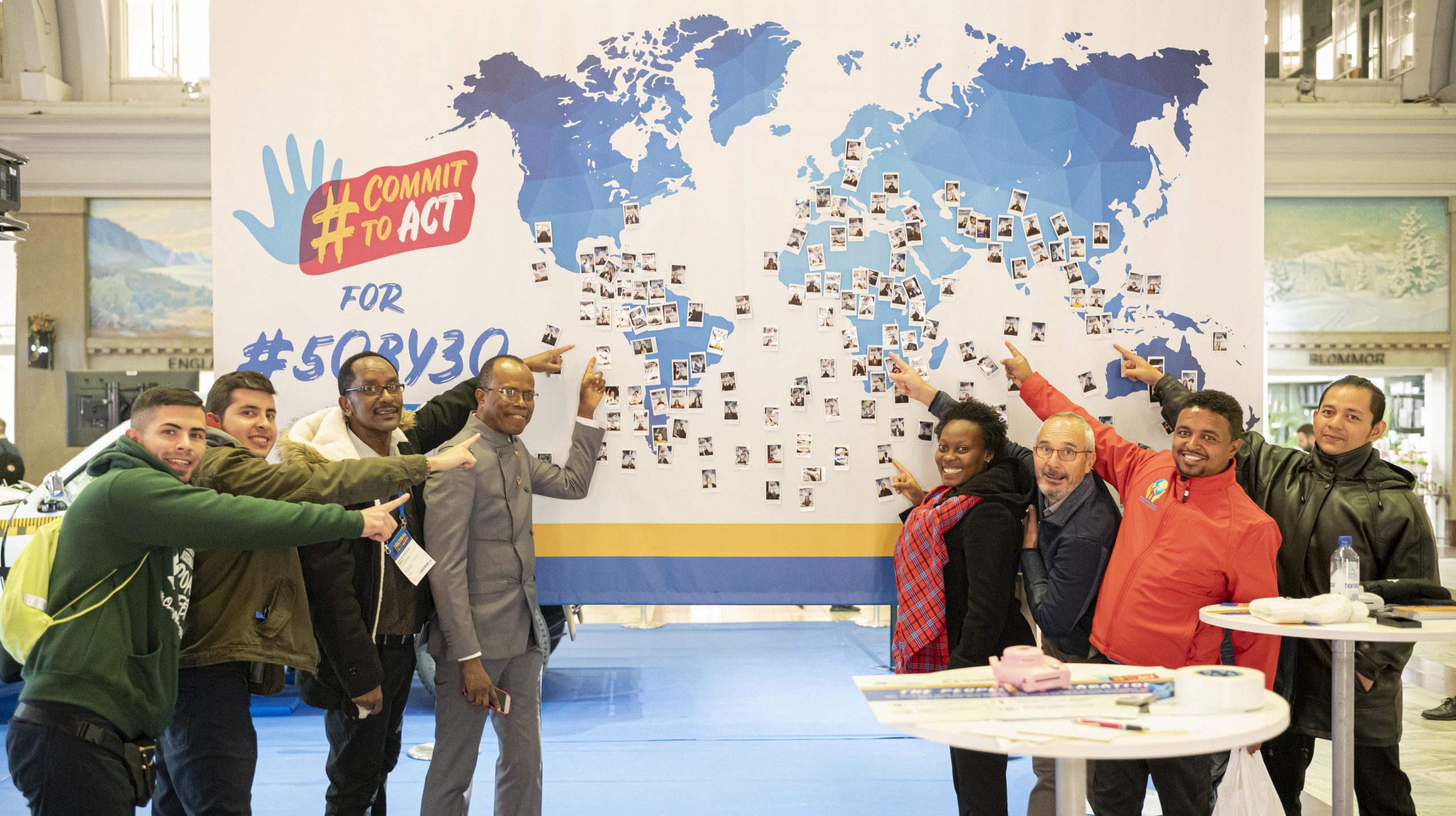
Safe walking, cycling, and motorbiking are integral to achieving the Sustainable Development Goals (SDGs). These modes of transport, which are accessible, affordable, and environmentally sustainable, enable individuals to move around for work, education, and daily activities. When road environments are made safe, they reduce inequalities and enhance opportunities for marginalized groups, particularly women, young people, and people with disabilities, contributing to a world that leaves no one behind.
Globally, pedestrians, cyclists, and motorcyclists account for 56% of road fatalities. Despite this, road infrastructure and policies often neglect their needs. Mobility Snapshots reveal stark examples of this oversight: intersections crowded with pedestrians, yet lacking crossings or footpaths, clearly indicating that the design does not prioritize the safety of all road users.
As we approach the 4th Global Ministerial on Road Safety in Marrakech, the Alliance and its members are leveraging data from the Mobility Snapshots and community helmet consultations to advocate for change. These efforts support the evidence-based interventions detailed in our Accountability Toolkit, aimed at addressing the real challenges people face during their daily commutes.
The Alliance Priority Interventions—such as 30 km/h zones, pedestrian-friendly infrastructure, traffic calming measures, and helmet regulations—are proven to protect vulnerable road users. Implementing low-speed zones with clear footpaths and crossings is essential for safe walking and cycling. For motorcyclists, wearing quality, standard helmets can reduce the risk of death in crashes by sixfold and the chance of severe head injury by 74%. However, there remain challenges in accessing quality helmets. Read more about these challenges and proposed solutions in our recent interview with helmet expert Terry Smith, and insights from our helmet ‘walkshop’ held in New Delhi, India.
NGOs bring a community-level perspective to the global road safety stage. At the Ministerial Conference, we will amplify people’s voices from the ground and call for concrete commitments to make our roads safe for everyone, especially those who are most at-risk. People around the world are being let down by road policies and systems that have not put the safety of all road users at the core. Our role is to speak up on their behalf.